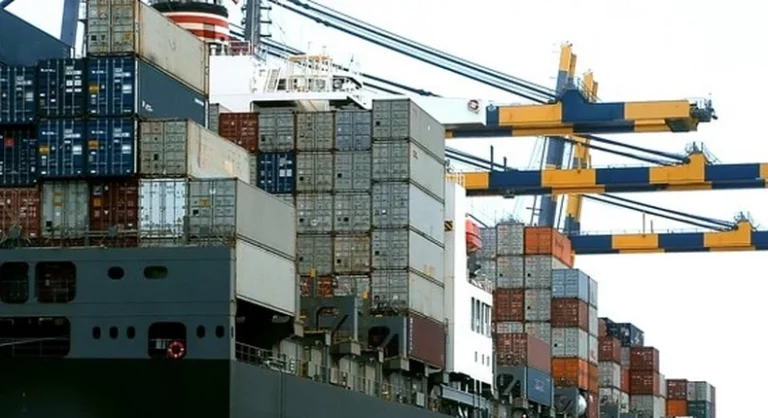The Ghana Ports and Harbour Authority (GPHA) has provided a thorough justification for its recent decision to raise port duties, claiming that the action is necessary to deal with global economic challenges, inflation, and currency depreciation as well as to maintain competitiveness compared to neighboring nations.
The Ghana Union of Traders’ Association (GUTA) President, Dr. Joseph Obeng, demanded the suspension of the implementation of the GPHA’s tariff adjustment in response, citing potential negative effects on businesses. However, the GPHA clarified the justification for the tariff revision in a statement issued on August 3.
The decision of the Ghana Ports and Harbour Authority was primarily motivated by the current economic problems facing the world, such as inflation and currency depreciation, which have significantly raised the operating costs of the ports. The authority claimed that, in light of the current economic climate, it was compelled to implement the revised tariff in order to maintain effective port operations.
The GPHA carried out a comparative analysis of port tariffs in nearby ports, including Lomé and Abidjan, to make sure that their ports continue to be competitive in terms of both pricing and service quality. This thorough analysis provided input for the current tariff adjustment’s rate of increase. The GPHA also emphasized that, despite the increase that became effective on August 1, 2023, the port’s overall tariffs continue to be competitive when compared to those of nearby ports.
The Ghana Ports and Harbour Authority also highlighted its sizeable investment in improving port infrastructure and the effectiveness of the port system. Long-term operational cost reduction for businesses, increased overall productivity, and easier trade operations are the goals of these upgrades.
Tradespeople are worried about the potential effects of the tariff adjustment on their companies. The GPHA assures stakeholders that the tariff revision is a crucial step to maintain the competitiveness and viability of Ghanaian ports in the face of difficult economic circumstances.
The Ghanaian ports are essential to the growth and development of the country because they play a significant role in facilitating trade and economic activities. While the tariff adjustment may present short-term difficulties for businesses, the GPHA is confident that they will be outweighed by the long-term advantages of improved port infrastructure and a productive system.
In order to address concerns and find common ground for the mutual benefit of all parties involved in the trade ecosystem, the GPHA also expressed its commitment to engaging with stakeholders, including GUTA and other traders’ associations.
The GPHA’s decision to modify port tariffs is a strategic one to maintain Ghana’s position as a competitive player in the regional and global trade arena as it navigates the complex global economic landscape. Businesses and traders will closely monitor the tariff adjustment’s effects on trade activities and the nation’s economy as they materialize.
The GPHA’s commitment to ongoing development and its investment in port infrastructure continue to be crucial pillars for the expansion and prosperity of Ghana’s maritime industry in the coming years.

